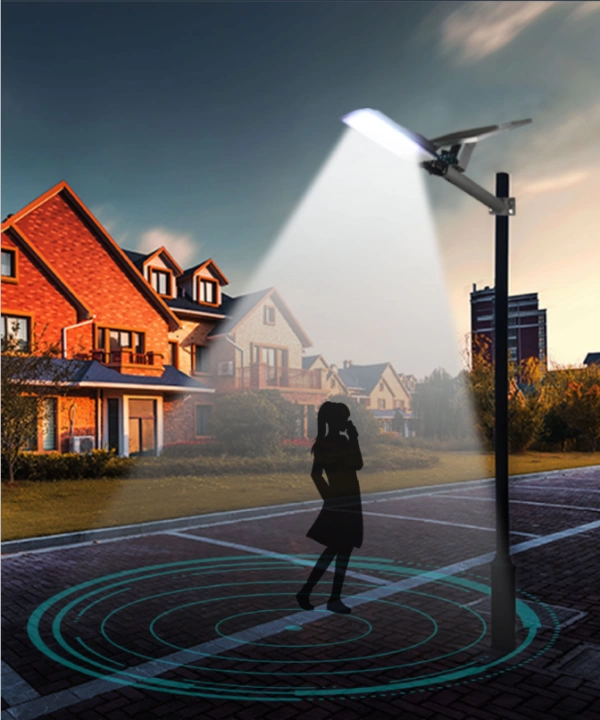As a B2B solar street light supplier, navigating global certifications can feel like solving a complex puzzle. Each market has unique requirements, and failing to comply can lead to customs delays, rejected shipments, and lost trust from distributors.
To help you streamline procurement and ensure smooth market entry, we’ve mapped out the key certifications, regional pain points, and strategic compliance approaches for EU, Middle East, and Southeast Asia.

1. European Union: The Strictest Standards
Key Challenges:
- CE Marking ≠ Full Compliance – Many buyers demand additional ENEC, RED, RoHS, or TÜV certifications.
- Regional Variations – Nordic countries require IP65+ for harsh weather, while Germany insists on TÜV Rheinland for credibility.
- EMF & Safety Regulations – EN 62493 (EMF exposure) is often overlooked but critical for public tenders.
Compliance Checklist:
✅ CE (LVD + EMC + RoHS) – Mandatory self-declaration.
✅ RED (Radio Equipment Directive) – If lights include wireless controls.
✅ ENEC (for LED modules) – Enhances buyer confidence.
✅ TÜV Rheinland/SGS Certification – Preferred by German/Dutch buyers.
✅ IP65+ & IK08 – For durability claims in rainy/snowy climates.
Pro Tip: For public projects, include ISO 9001/14001 to meet sustainability criteria.
2. Middle East: Navigating Fragmented Regulations
Key Challenges:
- Saudi (SASO), UAE (ESMA), Qatar (QGBC) – Each has its own certification body.
- Heat & Durability Testing – Batteries must pass IEC 62133 for extreme temperatures.
- Last-Minute Policy Changes – Delays occur if documentation isn’t Arabic-translated.
Compliance Checklist:
✅ SASO IECEE CB Scheme – Reduces redundant testing in Saudi Arabia.
✅ ESMA/ECAS (UAE) – Mandatory for LED lighting; takes 4-6 weeks.
✅ G-Mark (GCC Countries) – Required for Kuwait, Bahrain, Oman.
✅ IEC 61215 (PV Modules) + IEC 62133 (Batteries) – Ensures desert resilience.
Pro Tip: Work with local agents to expedite approvals—customs often demand onshore representatives.
3. Southeast Asia: A Patchwork of Local Rules
Key Challenges:
- Malaysia (SIRIM), Thailand (TISI), Vietnam (CR Mark) – Some certifications are factory-specific.
- Indonesia’s SNI – Only locally registered manufacturers can apply.
- Philippines DOE Labeling – Energy efficiency tags impact clearance speed.
Compliance Checklist:
✅ SIRIM (Malaysia) – Mandatory for government projects.
✅ TISI (Thailand) – Requires in-country testing—plan ahead.
✅ SNI (Indonesia) – Partner with a local entity to certify.
✅ Vietnam Circular 05/2022 – CR Mark is now non-negotiable.
✅ DOE & PS Marks (Philippines) – Ensures faster port clearance.
Pro Tip: In Vietnam, pre-certify with QUACERT to avoid 6-month delays.
Strategic Takeaways
✔ EU = Documentation Precision – Go beyond CE with TÜV/ENEC for premium markets.
✔ Middle East = Localize Testing – CB Scheme + Arabic Docs save time.
✔ SEA = Early Partnerships – Align with in-country certifiers before shipping.
Want a smoother export process? Pre-certify core models and provide ready-to-submit compliance kits—your distributors will thank you.




